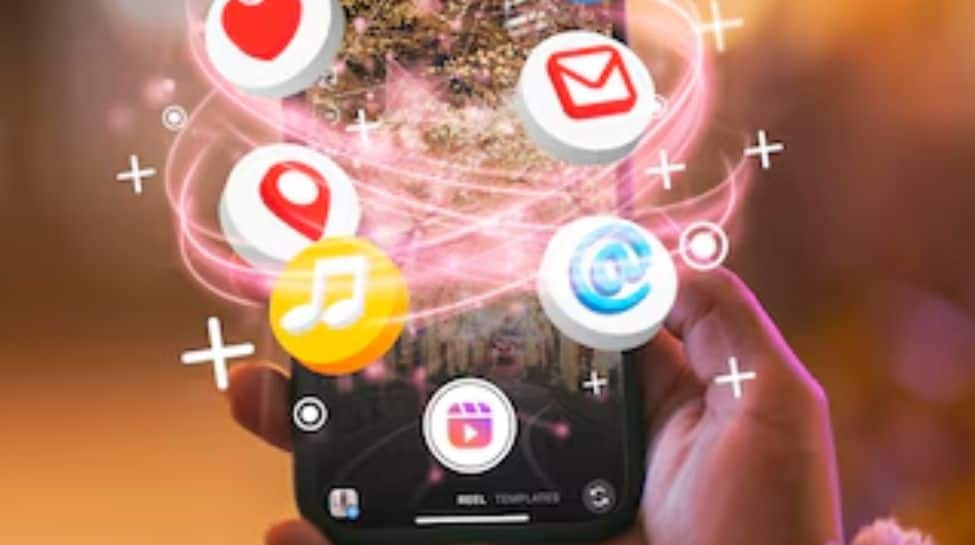In an age where our digital and physical lives are increasingly interconnected, the impact of social media on mental health has become a major issue. This complex relationship, full of opportunities and risks, requires a sophisticated understanding that goes beyond conventional narratives about addiction and depression.
Dr. Chandni Tugnait is a psychotherapist, life coach, healer, founder and director of Gateway of Healing and shares how mental health and social media intersect:
The dual nature of social connections
Social media platforms have transformed our ability to maintain and expand social connections, providing unparalleled access to support networks that can improve mental wellbeing. However, this digital connectivity introduces a contradiction. Excessive online activity can cause a sense of isolation and separation from real-world connections, which can worsen feelings of loneliness and anxiety.
The attention economy and mental well-being
The attention economy that drives social media platforms has created an environment in which users constantly strive for visibility and validation. This dynamic can have a significant impact on self-esteem and mental health. The intermittent reinforcement of likes, shares, and comments can trigger an addictive cycle of engagement, leading to compulsive following behaviors. Additionally, the curated structure of social media feeds can encourage inaccurate comparisons, undermining self-esteem and instilling feelings of inadequacy.
The information paradox
While social media has increased access to information, including mental health resources, it has also posed new challenges. The abundance of mental health content on social media, while often well-intentioned, can lead to misinterpretation and incorrect self-diagnosis. Additionally, the overuse of warnings and algorithmic curation can create echo chambers that encourage negative thought patterns and limit exposure to other perspectives.
Emerging positive trends
Despite limitations, new ways to harness social media’s promise to improve mental health outcomes are emerging. Digital phenotyping, which employs advanced analytics and machine learning, is being used to detect early indicators of mental health problems through changes in social media behavior, perhaps enabling earlier interventions. Niche online communities provide safe spaces for people to share their experiences and coping skills, instilling a sense of belonging and mutual support. Additionally, a new trend focused on mindful technology use promotes healthier social media engagement by emphasizing quality over quantity of interactions.
The way forward: a holistic approach
As we continue to grapple with the complex relationship between social media and mental health, a diversified strategy is required. Education and digital literacy are vital, giving people the ability to critically evaluate online content and monitor their digital wellbeing. Social media companies must be held accountable for creating platforms that prioritise user wellbeing over engagement metrics.
Mental health providers should consider the impact of social media in their treatment plans, considering it an important aspect of their patients’ lives. Continued study of the long-term consequences of social media on mental health should help guide evidence-based policies and therapies.
As we walk the digital tightrope, it’s becoming clear that social media is not always good or bad for mental health. Instead, its impact is highly contextual and shaped by both how we use it and the broader context in which it occurs. By taking a nuanced and proactive approach, we can strive towards a future where social media is used to connect, encourage and promote mental wellbeing rather than cause distress and conflict.
Disclaimer:
The information contained in this post is for general information purposes only. We make no representations or warranties of any kind, express or implied, about the completeness, accuracy, reliability, suitability or availability with respect to the website or the information, products, services, or related graphics contained on the post for any purpose.
We respect the intellectual property rights of content creators. If you are the owner of any material featured on our website and have concerns about its use, please contact us. We are committed to addressing any copyright issues promptly and will remove any material within 2 days of receiving a request from the rightful owner.

